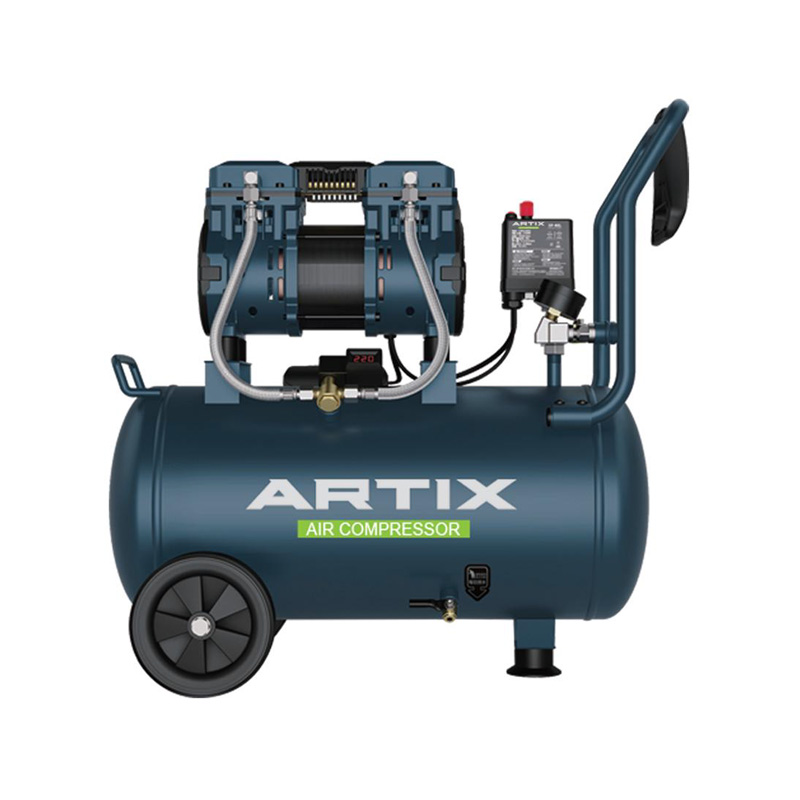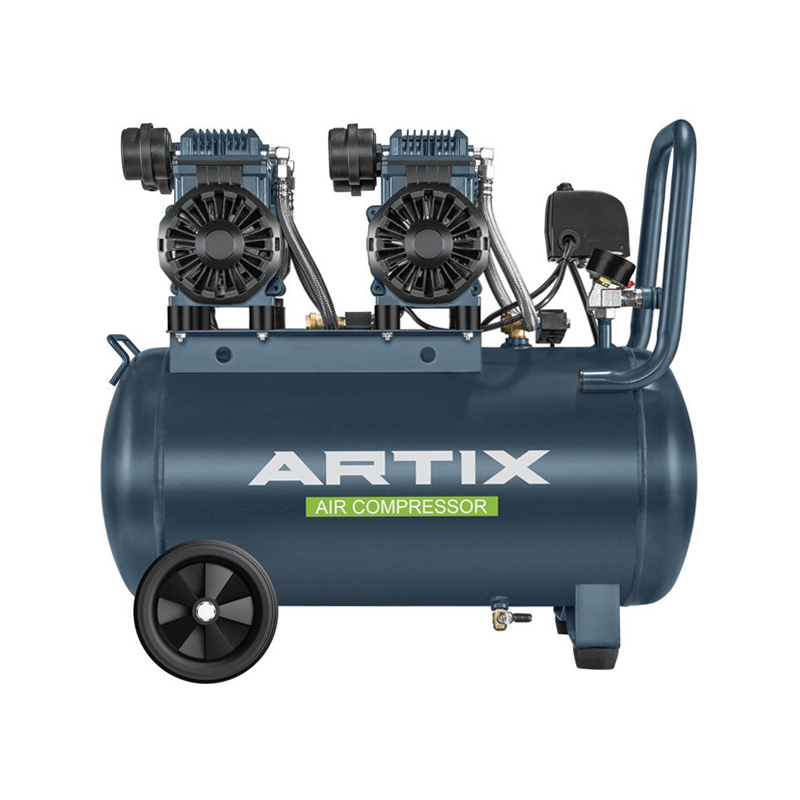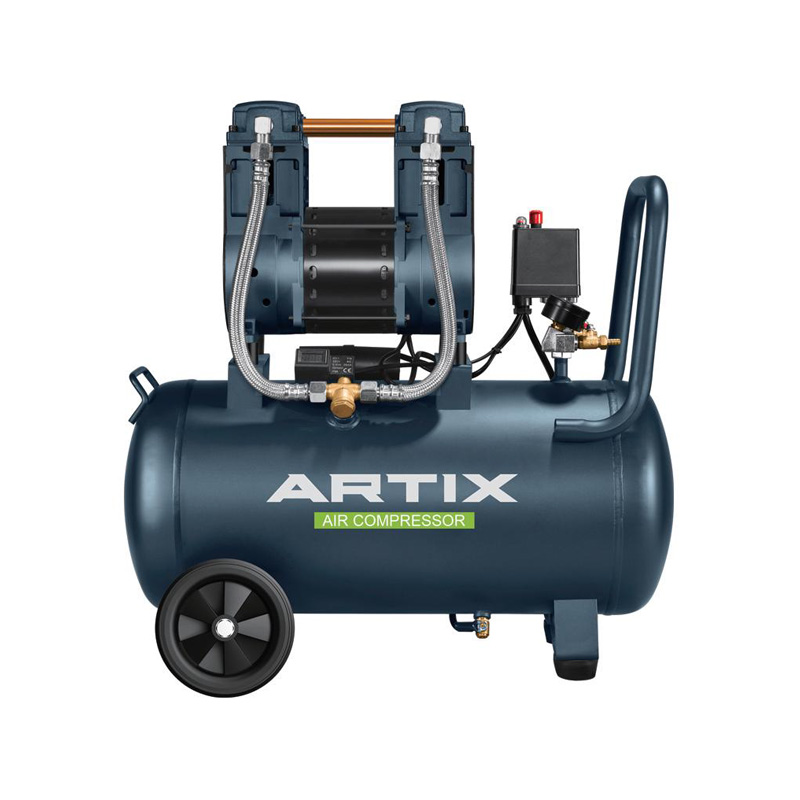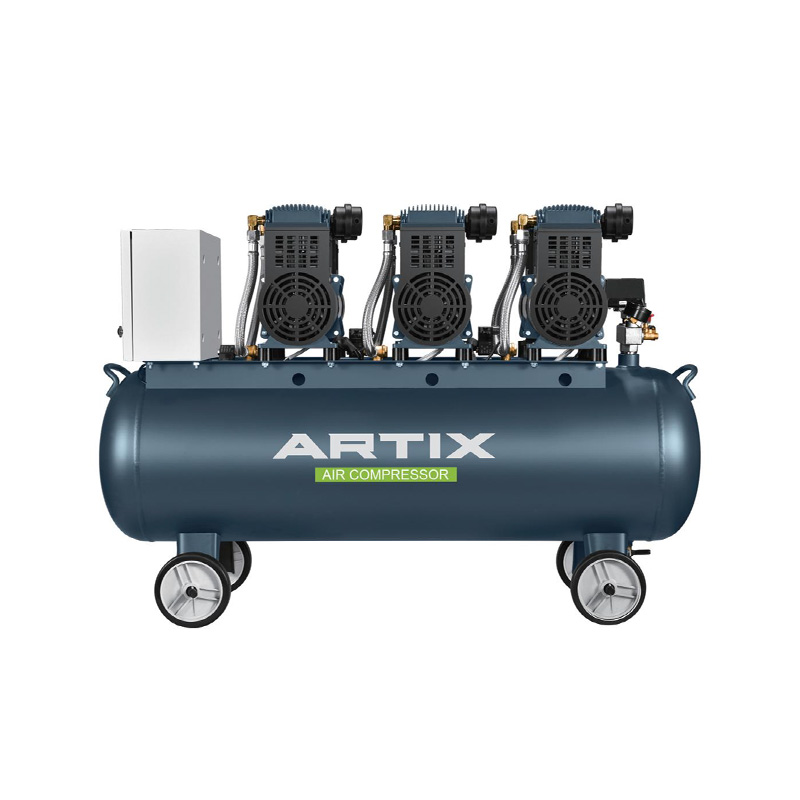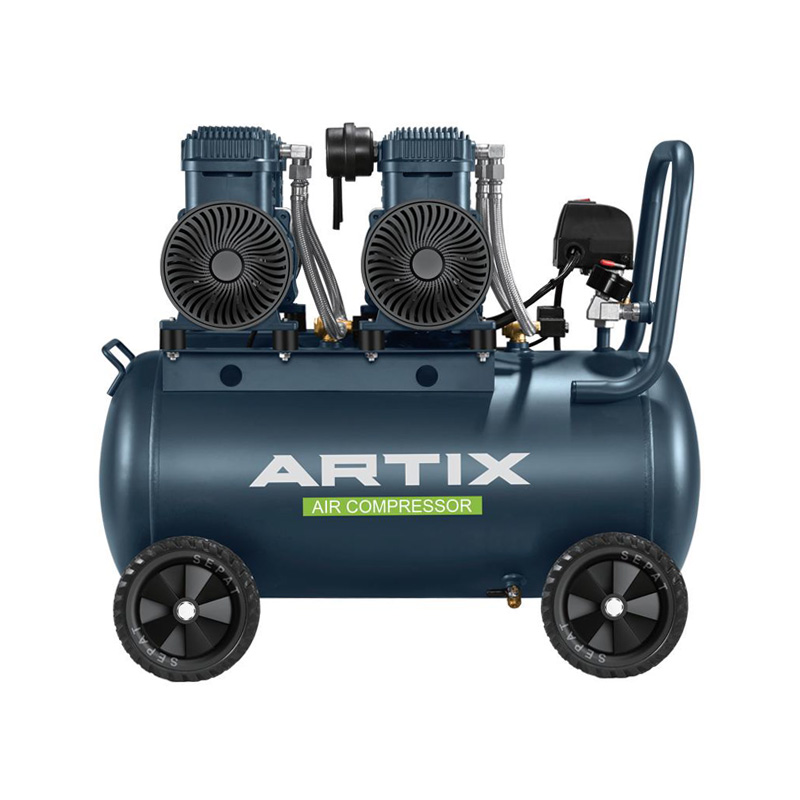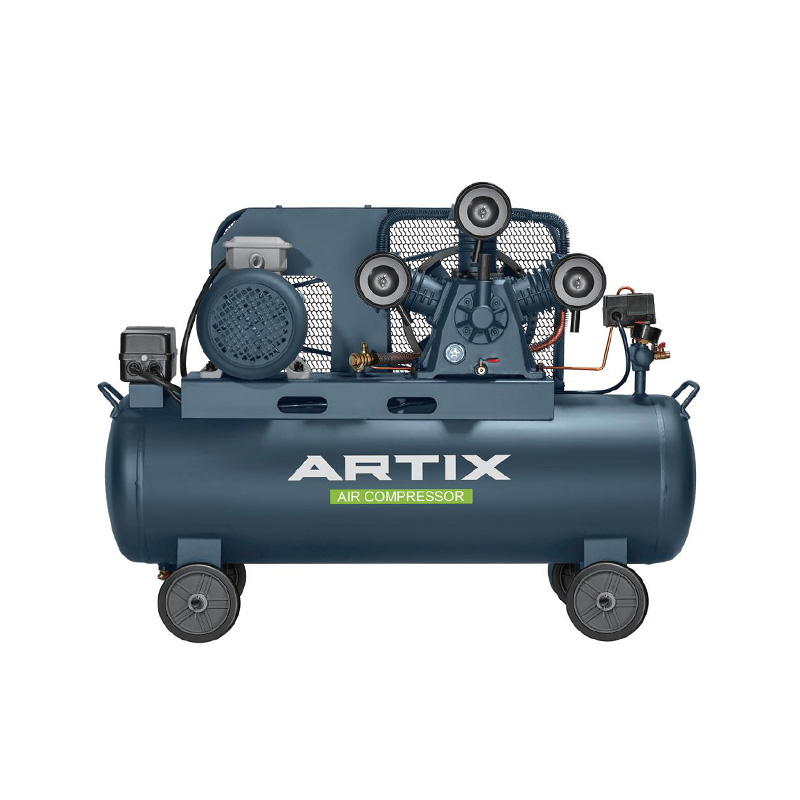Air compressors provide the necessary air power to run tools, machinery, and other systems efficiently. Among the different types of air compressors, direct-drive air compressors have become increasingly popular in factories due to their many advantages. This article will explore the benefits of using direct-drive air compressors in industrial environments, highlighting how these systems can enhance productivity, save costs, and improve operational efficiency.
1. Energy Efficiency
One of the primary advantages of using a direct-drive air compressor machine 2hp is energy efficiency. Unlike traditional belt-driven compressors, which use belts and pulleys to transfer energy, direct-drive air compressors connect the motor directly to the compressor pump. This eliminates energy losses associated with the belt mechanism, resulting in less energy consumption. When factories rely on compressed air for various operations, the savings in energy usage can be significant over time, contributing to lower operational costs and a reduced environmental footprint.
2. Reduced Maintenance Costs
Another key benefit of direct-drive compressors is their lower maintenance requirements. Since there are no belts or pulleys involved, there is less wear and tear on moving parts. This translates to fewer breakdowns and less frequent maintenance, which can be both time-consuming and costly for factory operations. The direct drive compressor pump mechanism ensures that the system operates smoothly, reducing the chances of malfunctions and less the need for repairs or part replacements. Over time, this can save businesses a substantial amount in maintenance expenses.
3. Compact Design and Space-Saving
Factories often have limited space for machinery and equipment. A mini oil free air compressor with a direct-drive design offers a compact and space-efficient solution. Without the need for large belts or additional components, these compressors are more streamlined and occupy less floor space. This allows factories to maximize their available space and possibly fit more machinery or tools into the same area. The smaller design also makes these compressors easier to install and move around, which can be a significant advantage in busy factory environments.
4. Improved Reliability
Direct-drive air compressors are known for their reliability and consistent performance. With fewer parts that can fail, these systems are generally more robust and capable of operating under continuous demand. For factories that rely on 2hp air compressor machines for critical processes, having a reliable and steady source of compressed air is essential. Direct-drive compressors provide this level of dependability, reducing the likelihood of unexpected downtime and improving overall productivity. With fewer moving parts to maintain, the system can operate longer without needing repairs, which is crucial in high-demand environments.
5. Lower Noise Levels
Another benefit of using direct-drive compressors is the reduction in noise levels. Belt-driven compressors often produce more noise due to the mechanical components in motion, which can be disruptive in factory settings. Direct-drive systems, on the other hand, tend to operate more quietly. This can create a more comfortable working environment for factory employees, reducing noise pollution and potentially improving workplace safety. Lower noise levels also help factories comply with regulations regarding sound exposure, which may be necessary to avoid legal penalties or fines.
6. Enhanced Oil-Free Operation
An increasing number of industries are moving towards oil-free air compressors to avoid the costs and environmental impact associated with using oil in compressor systems. Direct-drive compressors are often oil-free, providing cleaner, healthier compressed air for factory operations. This is particularly important in industries such as food and beverage production, pharmaceuticals, and electronics manufacturing, where contamination from oil can compromise product quality. Oil-free compressors also require less maintenance compared to their oil-lubricated counterparts, further reducing downtime and maintenance costs.
7. Cost-Effective in the Long Run
While the initial purchase cost of a direct-drive air compressor might be slightly higher than that of a traditional compressor, the long-term savings can make it a more cost-effective solution. Direct-drive compressors typically offer lower operating costs due to their energy efficiency, reduced maintenance needs, and longer service life. Factories can also benefit from fewer interruptions in their operations, as the direct-drive mechanism is more reliable, and pilot to higher overall productivity. Over the lifespan of the equipment, these factors contribute to substantial savings, making direct-drive air compressors a smart investment for many industrial operations.
Conclusion
In summary, direct-drive air compressors offer a wide range of benefits for factories, making them an attractive choice for industrial applications. The energy efficiency, lower maintenance costs, compact design, and improved reliability make these systems a reliable option for factories looking to optimize their operations. With the added advantage of oil-free operation and reduced noise levels, direct-drive air compressors help create a more sustainable, cost-effective, and safer work environment. As industries continue to prioritize efficiency and environmental responsibility, direct-drive compressors are likely to play an even more significant role in the future of factory operations.
